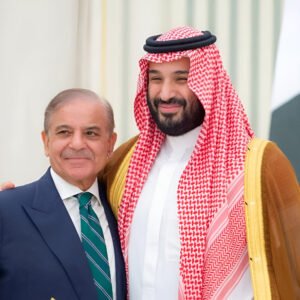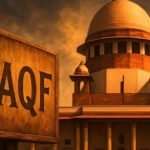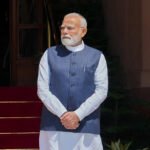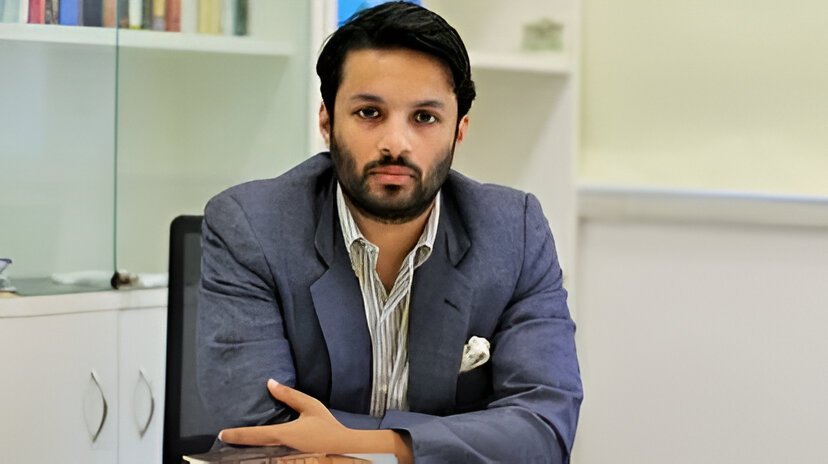
Starting Social Media “Operation Sindoor”: The Supreme Court of India has decided to give an immediate hearing to the petition filed by Ali Khan Mahmudabad, an associate professor and head of the political science department at Ashoka University, regarding his arrest for the controversial social media comments regarding Operation Sindoor. The operation has had far-reaching consequences for the constitutional relationship between the right to academic freedom and free speech coupled with the reasonable restrictions from public discourse on sensitive issues pertaining to national unity and security.
Context: The Arrest of Professor Ali Khan Mahmudabad
Mahmudabad was arrested on 18th May 2025 by the police of Haryana for the two FIRs he had registered for his social media outbursts related to Operation Sindoor, which is the latest military action undertaken by India against the terror infrastructure inside her boundaries in Pakistan and the occupied Kashmir region. The complainants, one from the Commission of Women and a branch of BJP Yuwa Morcha, accused him of not only belittling the women serving in the armed forces but also of trying to incite civil riots. His arrest sparked outrage in the academic community as well as in civil society and among free-thinking citizens of India.
Operation Sindoor and the Controversial Remarks
Under ‘Sindoor,’ a military operation was conducted at an advanced level, along with media showcases managed by Colonel Sofia Qureshi and Wing Commander Vyomika Singh. In a social media post, Mahmudabad called these briefings “optics” and “just hypocrisy.” He further lamented why right-wing drones commended women officers while blithely sweeping social problems under the carpet. His comments were viewed by some as denying the contribution of women to the armed forces and stoking the fire of communal tension.
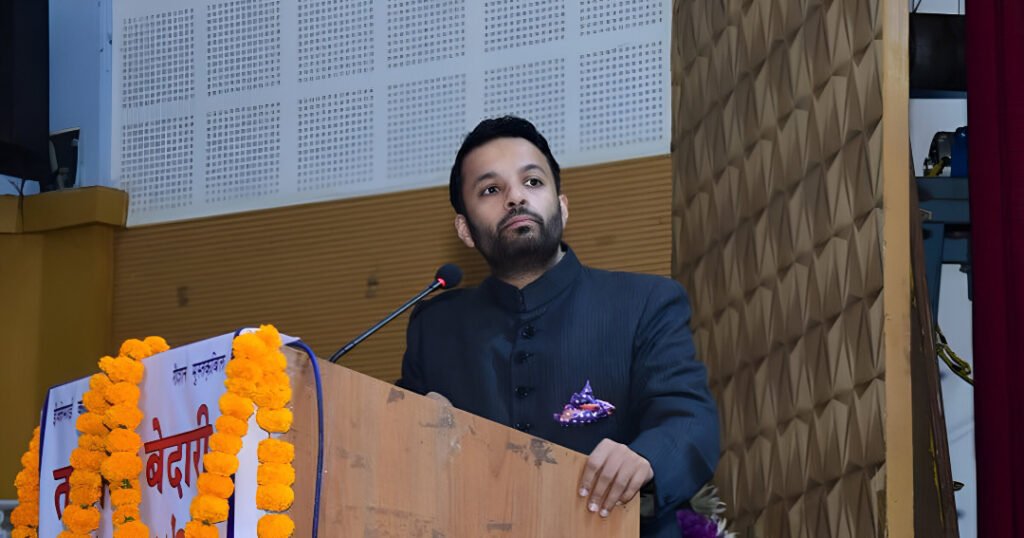
Legal Grounds and Charges
The posts and the comments activated stringent clauses of Bharatiya Nyaya Sanhita (BNS), including endangering national sovereignty and integrity, group enmity, and public mischief. Additionally, the FIRs made references to and claimed he was infringing the women officers’ dignity. However, his defense was simply that, exercising free speech norms, his comments were taken out of context.
Legal Reasoning and Supreme Court Intervention
A Supreme Court bench led by Chief Justice B. R. Gavai was presented with the matter for an urgent hearing by Sibal, who is Mahmudabad’s senior advocate. He maintained that the arrest of the professor contravened his fundamental rights and that the accusations he faced were completely fabricated. The Supreme Court has indicated that it will hear the plea within two days, showing concern for the matter’s urgency.
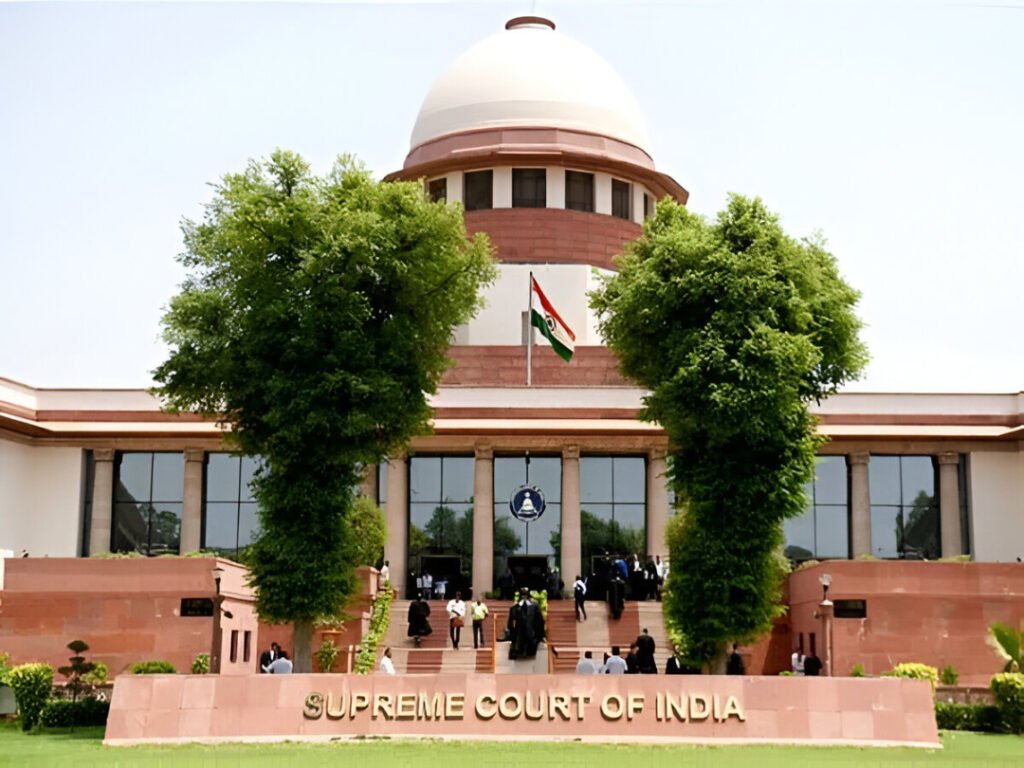
Response from Academia and the Public
There were furious reactions to the arrest across academia. The faculty association of Ashoka University termed the arrest as “absurd and untenable,” while the Teachers’ Association of Jawaharlal Nehru University termed it a “wholly unwarranted” attack and called for the removal of the charge. Numerous educators as well as some political figures have viewed the issue as an indication of India’s faith towards freedom of the academic world as well as the ability to dissent.
Wider Effects on Free Speech and Academic Freedom
This case has once again brought to the forefront the issue of free speech, especially concerning the teaching and intellectual professions in India. The decision resulting from the Supreme Court hearing is bound to be critical in relation to the scope of academic expression and the extent to which scholars can constructively grapple with issues that concern the nation without being prosecuted.
There is national attention as the Supreme Court is about to hear Mahmudabad’s case because the outcome may decide how the state’s interests in national security and public order collide with the basic rights of citizens.


